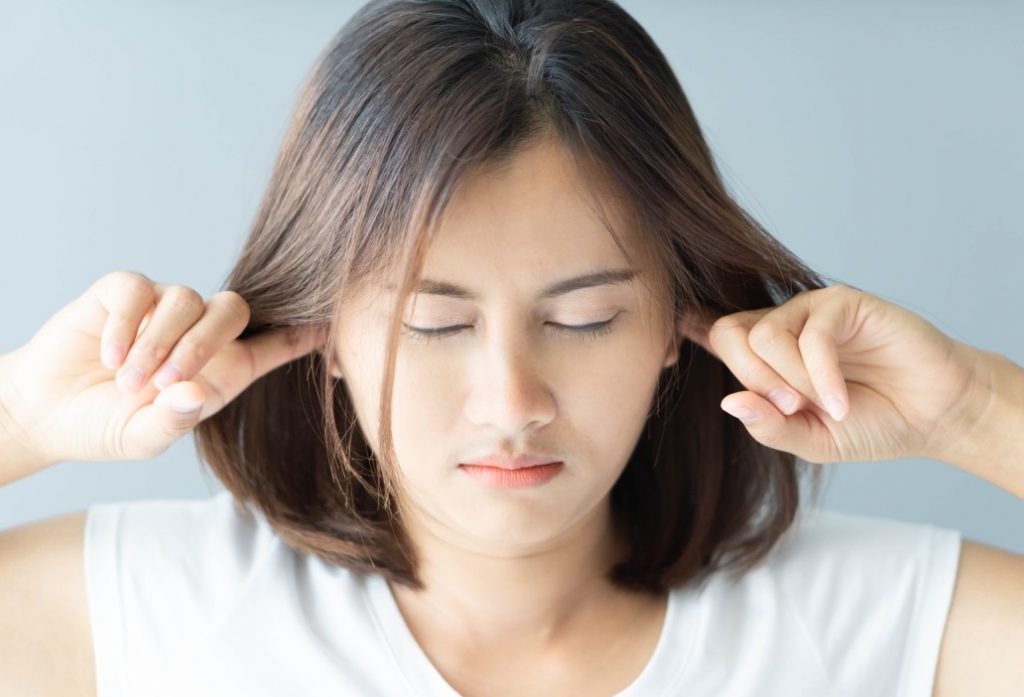A lot of us find the sound of chewing as grating as nails on a chalkboard. But for some people, hearing someone slurp or crunch their food sends them into a genuine panic mode.
These people suffer from a disorder called misophonia, which causes them to have an abnormally intense emotional reaction to certain sounds, such as chewing, lip-smacking, or breathing loudly.
While there is no known cure for misophonia and treatment options are limited, the good news for misophonia sufferers is that they tend to be more creative than people without the disorder.
Misophonia & creativity
Since misophonia is neither a psychiatric nor a hearing disorder, research on this rare condition is limited. While the exact cause of the disorder is unknown, new studies are starting to shed light on the relationship between misophonia and creativity.
A revealing study conducted by researchers at Northwestern University found that people who are unable to ignore irrelevant sensory information from their environment achieve higher creativity scores than those who are unbothered by external auditory stimuli.
After filling out a Creative Achievement Questionnaire, the study participants were presented with a number of improbable scenarios and asked to find solutions in a limited amount of time. At the same time, researchers recorded the participants’ reactions to different background noises.

The study authors found that the most creative solutions were offered by the participants whose negative reactions to background noise were the strongest. In other words, the more annoyed people were by external sounds, the higher they scored on creative thinking.
These participants have what the study authors called “leaky sensory gating”, meaning they have an impaired ability to filter out certain sounds. Darya Zabelina, one of the study researchers, explained that “leaky sensory gating may help people integrate ideas that are outside of the focus of attention, leading to creativity in the real world”
According to Zabelina “If funneled in the right direction, these sensitivities can make life more rich and meaningful, giving experiences more subtlety.”
Is misophonia treatable?
There is no known cure for misophonia as of now. If you’ve been diagnosed with this disorder or suspect you might have it, there are a number of treatment options you should consider.
According to Misophonia Association, possible treatments that may alleviate symptoms include tinnitus retraining therapy, cognitive-behavioral therapy, hypnosis, and meditation. Medications are rarely used when treating misophonia, although drugs Lyrics and Klonopin have been shown to offer some relief.

Keep in mind, though, that simply being annoyed by certain sounds doesn’t necessarily mean you have misophonia. If the sounds, however, significantly lower your quality of life and interfere with day-to-day functioning, it’s best you seek the help of qualified professionals instead of self-diagnosing.
Finally, don’t forget to look on the bright side. If you’re struggling to deal with the symptoms of misophonia, you get the bragging rights of being a creative genius. And if it’s any consolation, at least you’re in very good company.
Sources:
https://www.huffpost.com/entry/misophonia-creative-genius_n_562e4e56e4b0ec0a389518ff
https://www.lifehack.org/331955/people-whore-annoyed-chewing-sounds-are-more-creative



Leave a Reply